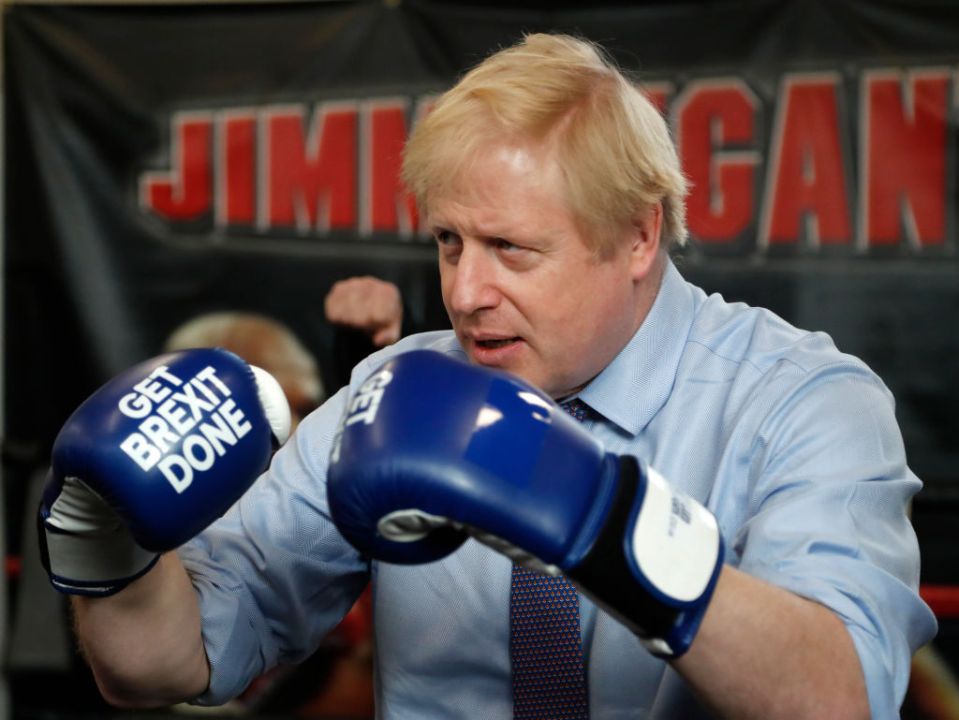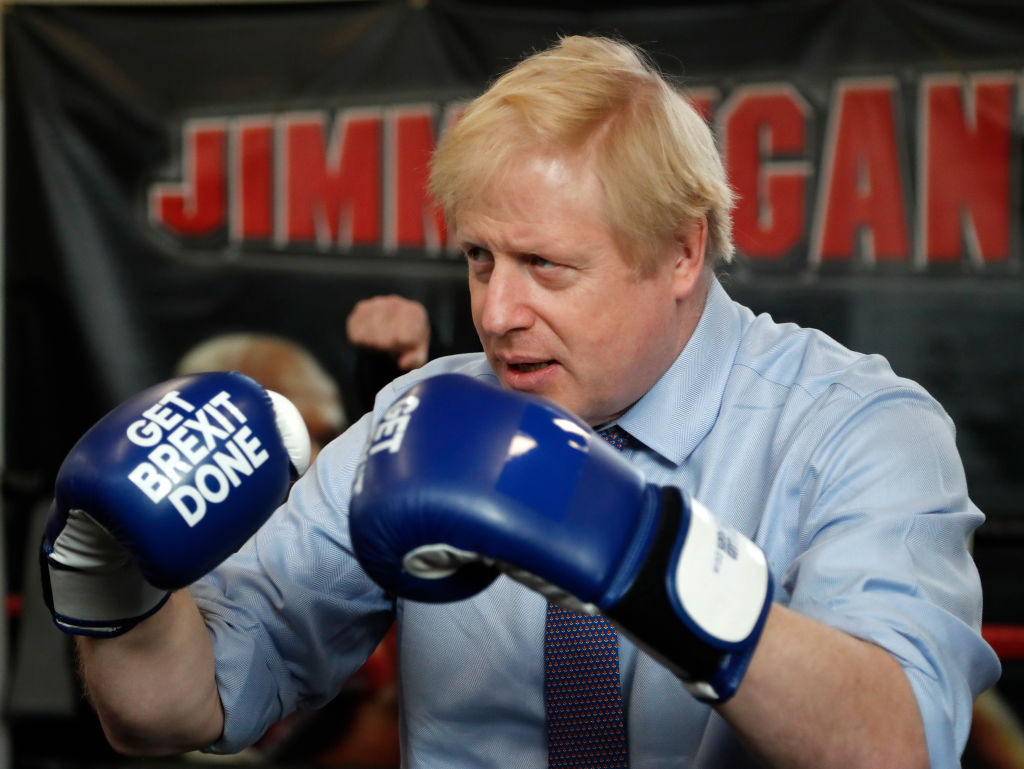As the UK approaches the end of the Brexit transition period, ministers have made it clear that businesses and Britain must ready themselves for ‘no deal’.
But will Britain be ready? Almost every day, there are new concerns from the road haulage industry, not just about Kent and access permits for lorry drivers, but about the system’s operability and the viability of any back-up plans.
The government does have an ‘oven ready’ response to the no deal naysayers – which Michael Gove used with evident relish against Theresa May in October – and can say that: ‘No deal is better than a bad deal’.
Ultimately, however, the judgement about no deal will be made, as in the referendum itself, by the electorate. While it is said that some in government have grave concerns about the scale of chaos a no-deal Brexit will cause and how that will affect voters, others believe either that the risks are over-egged or that they will be worth it, at least in the medium term. But if voters decide that no deal is in itself a bad deal, the Conservative government alone will have to own the electoral consequences of that.
There are, helpfully, some lessons from history. Although only Greenland has previously managed to leave the EU (meaning the book on EU withdrawal is both short and written in Inuit), there are plenty of examples of the UK making deals in recent decades. And sometimes, rather than embracing a sub-optimal deal, the government chose a different approach.
There are four notable occasions in the last 50 years when the UK judged the deal on offer to be ‘bad’ and made a conscious decision to instead embrace ‘no deal’. In each case, this brought about chaos, mayhem and discomfort on swathes of the electorate, in pursuit of a greater public policy goal.
Despite this, two of these four ‘no deal’ decisions were nevertheless rewarded by voters.
In 1982, Prime Minister Margaret Thatcher refused to concede the legitimacy of the Argentine Falklands invasion, which she regarded as an unacceptably bad deal. She was forced to send a force to recapture the islands, a greater conflagration ensued, and British forces were victorious.
In 1984 she then refused to accept what she regarded as a bad deal with the union leader Arthur Scargill and the year-long miners’ strike ensued.
In both of these cases the government ‘won’ and voters judged that the end had been worth the means. In the subsequent elections Margaret Thatcher was rewarded at the ballot box, despite the ordeals that both the Falklands War and the miners’ strike had been for the public.
In contrast, two other government ‘no deal’ decisions proved electorally catastrophic.
Firstly, in late 1973, the Prime Minister Edward Heath and his ministers refused to settle with miners striking for higher pay. It led to the Three-Day Week over the winter, and a snap election which saw Heath’s government defeated.
The second instance was in late 1978. Prime Minister James Callaghan preferred no deal to agreeing to the full pay demands from an array of striking unions. It led to the Winter of Discontent and an electoral defeat for Labour at the election a few months later.
Historians often praise the farsighted public policy goals of Heath and Callaghan, who sought to contain excessive inflationary pressures from wage rises in the interests of the public as a whole. But both their governments were punished by voters who judged the disruption and chaos as not worth the candle.
In both these cases the governments could legitimately blame others for the disruption: it was not ministers who stopped the rubbish being collected or created the shortages that flowed from haulage disputes.
But while ministers had not engineered the chaos, they were unable to protect the voting public from it. And without a clear visible benefit that outweighed that, voters did not forgive them.
And here lies the risk for the Conservatives. Many voters might believe that business should have been better prepared for Brexit or that if the EU had made more concessions the disruption would have been lessened. But will voters reward the government for sticking to its guns if it does not secure a sufficiently good deal down the tracks? Because if they don’t, it could see the Conservatives punished at the polls.







Comments